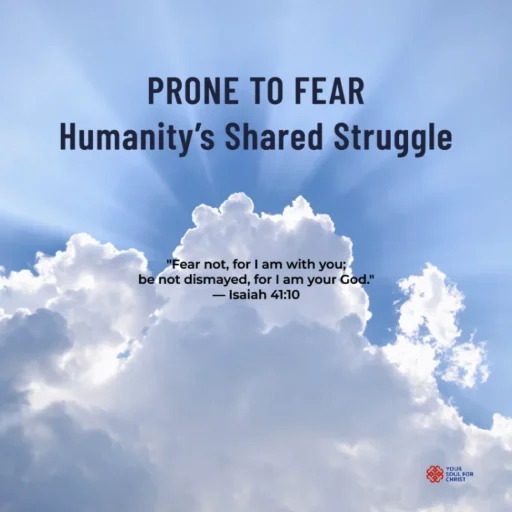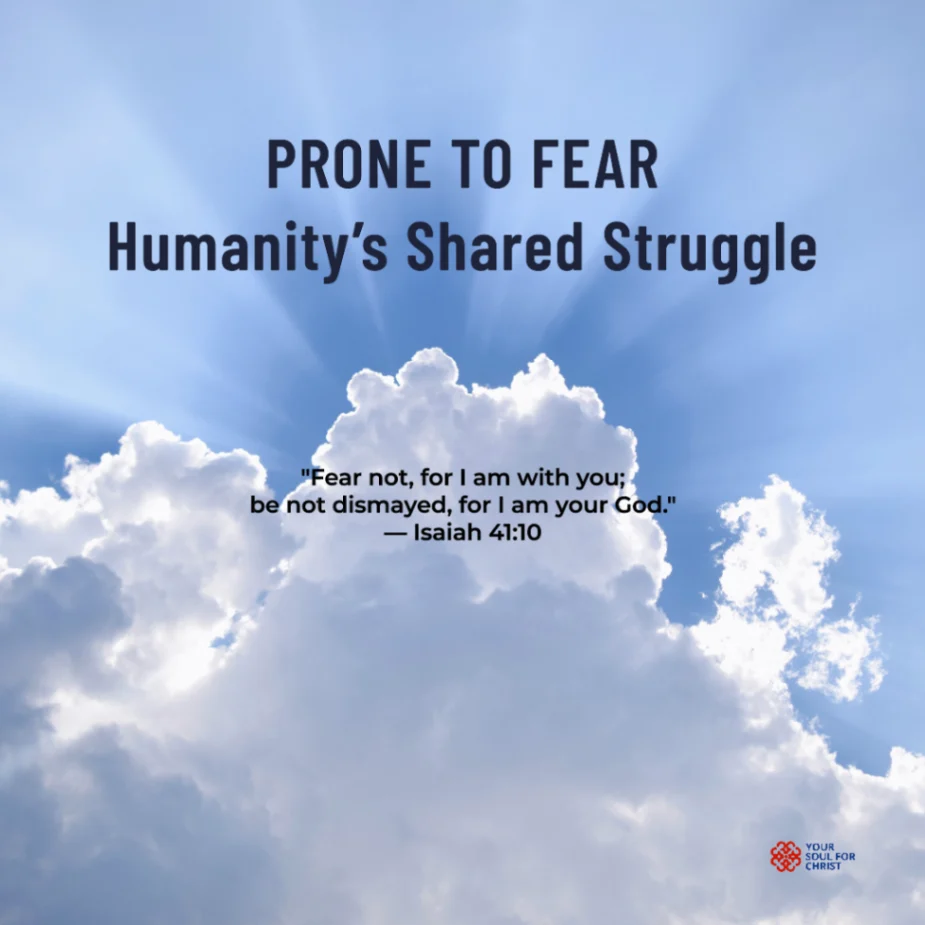When the men of that place asked him about his wife, he said, “She is my sister,” because he was afraid to say, “She is my wife.” He thought, “The men of this place might kill me on account of Rebekah, because she is beautiful.”
Genesis 26:7 NIV
In Genesis 26:7, Isaac faces a moment of profound vulnerability. When the men of Gerar questioned him about his wife, Rebekah, Isaac lied, claiming, “She is my sister”. His fear that the men might harm him because of Rebekah’s beauty drove him to this deception. This event reveals an essential truth about Isaac’s character: despite being chosen by God, he was still prone to fear, a common struggle that connects his humanity to ours.
Earlier in Genesis 26:1–6, God reaffirmed His covenant with Isaac. God instructed him to remain in Gerar during a famine and promised His presence and blessings. Despite these assurances, Isaac’s fear overshadowed his faith. His response to the men of Gerar underscores how even those who experience divine encounters can falter under pressure. This fear-driven decision reminds us that human frailty often manifests when faith is replaced by worry and doubt.
Isaac’s failure to seek God’s guidance in this situation illustrates the consequences of allowing fear to dictate actions. While he had previously demonstrated obedience by staying in Gerar, his choice to lie about Rebekah compromised his integrity. This moment serves as a powerful example of how fear can lead us away from God’s truth and into decisions that undermine our witness to others.
The Bible later reveals that Isaac’s lie was exposed when Abimelek, the king of Gerar, observed Isaac and Rebekah interacting as husband and wife. Abimelek confronted Isaac, bringing the deception to light. This confrontation not only embarrassed Isaac but also tarnished his credibility. His story highlights how fear-induced dishonesty can lead to unintended consequences and a loss of trust.
Isaac’s experience holds valuable lessons for believers. First, it reminds us that even the most faithful individuals are prone to fear and mistakes. This realisation should encourage us to look to God, not people, as our ultimate example of righteousness. Second, it underscores the importance of trusting God fully, especially in challenging circumstances. Fear is a natural human response, but when it takes control, it can overshadow faith and lead to poor decisions.
Finally, Isaac’s actions highlight the need for consistent reliance on God. Trusting Him in significant crises is important, but we must also depend on His guidance in daily situations. When we allow fear to dictate our choices, we risk compromising our integrity and distancing ourselves from God’s plan. Walking in truth and trusting in His protection are vital to living a life that honors Him.
in conclusion. Isaac’s story in Genesis 26:7 serves as a poignant reminder of the pitfalls of being prone to fear and the importance of relying on God in every aspect of life. While his lie resulted in embarrassment and a loss of credibility, his humanity points us to the grace and faithfulness of God, who continues to work through imperfect people to fulfill His purposes.
As believers, we must confront our fears with faith, trusting in God’s promises and guidance. Let Isaac’s experience encourage us to walk in truth, seek God’s wisdom in all situations, and remember that our ultimate standard of righteousness is in Him alone. When fear threatens to overwhelm, may we choose faith, knowing that God’s steadfast love and protection never fail.

